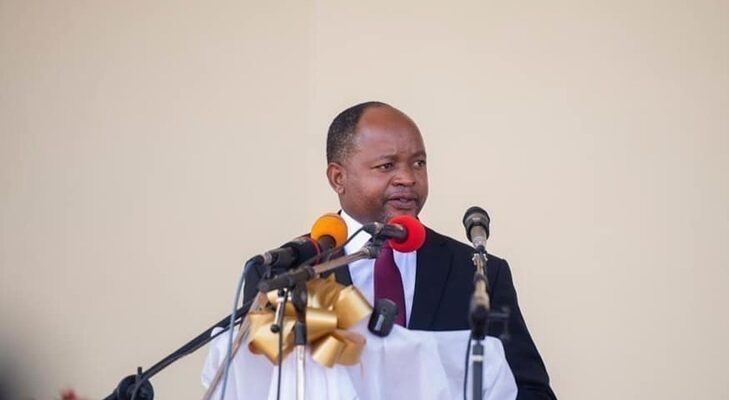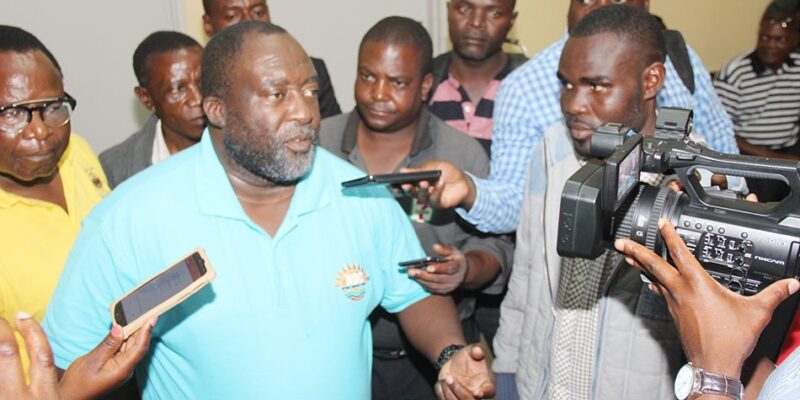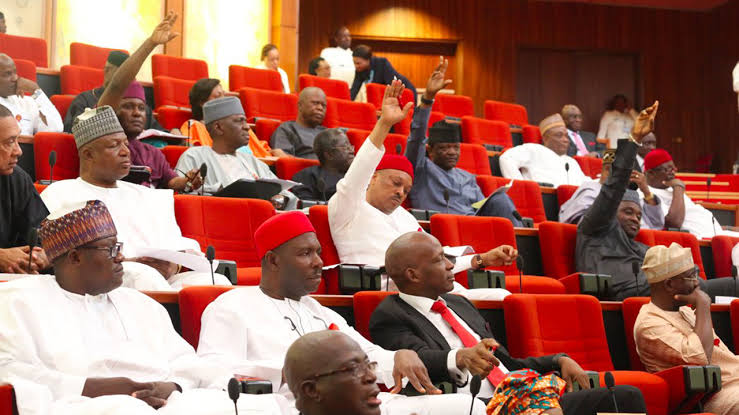For democracy to flourish, a robust policy environment is essential to liberate the media from excessive control and manipulation.
Since the return to multiparty democracy and economic liberalism 33 years ago, Zambia has made notable progress in media freedom, despite some lingering challenges.
Media pluralism, driven by critical reforms, has increased access to various media platforms.
However, gaining access to public media remains an uphill battle for those holding views contrary to the ruling class.
The rise of digital and social media platforms has also added a unique and revolutionary impetus to media freedoms, providing a space for diverse voices that traditional media often failed to offer.
The enactment of the Access to Information (ATI) law is a promising development, ensuring media freedoms through unhindered access to critical public information.
According to MISA Zambia, the ATI law marks “a historic milestone for media freedom and transparency in Zambia after two decades of relentless advocacy and discussion.
“MISA Zambia commended this significant achievement, noting that it reflects “a positive step towards fostering an open and informed society and a transparent government.”
However, concerns are emerging with the introduction of laws such as the Cyber Security and Cyber Crimes Act of 2021 and the proposed amendments to the Independent Broadcasting Authority (IBA) Act, which includes fees for online broadcasting.
These developments cast a dark cloud over the progress made in creating space for media freedom in the country.
President Hakainde Hichilema recently announced that his Cabinet has proposed amending laws to stiffen punishment for those promoting hate speech in the country.
The proposed amendments will be taken to parliament, and the President urged lawmakers “to do the right thing to deter people from promoting discrimination against any grouping.”
Stakeholders, however, feel that hate speech laws are mainly used to clamp down on dissent, making them an affront to media freedom and freedom of expression.
On the other hand, the cybercrime law provides rules of conduct and standards for the use of the Internet, computers, and related digital technologies by the public, government, and private organizations.
It also covers rules of evidence, criminal procedure, and other criminal justice matters in cyberspace.
Critics argue that the law is used by the ruling class to suppress critical voices in the online space.
The Zambian government’s recent announcement that it will require licensing of online media has raised concerns among rights activists, who see it as an infringement on freedom of expression and speech.
Recently, the government revealed plans to revise the IBA Act to regulate online broadcasting and podcasts.
Although the government insists that licensing online media is only meant to protect citizens and victims of cybercrimes, activists warn that such a move would infringe on the right to freedom of expression.
Chief Government Spokesperson, Cornelius Mweetwa, stated that the proposed law would “help fight cybercrime, coordinate cybersecurity matters, develop relevant skills and help promote the responsible use of social media platforms.”
He added that: “The government does not intend to introduce any legislation intended to stifle citizens’ enjoyment of their freedoms of expression and speech on social media.”
However, Richard Mulonga, Chief Executive Officer of Bloggers of Zambia, argued that regulating online media “should be avoided in all cases as it does not align with democratic values.”
He emphasized that: “In as much as we recognise the need for enhanced internet legislation to make the online spaces safe and secure for all, there’s a need for these laws and policies to be democratic.
They must be specific, and they must enhance online rights and freedoms rather than silence citizens’ activities on the internet.”
Molina also noted that the term “abuse of social media” has been weaponized to justify the creation of new “laws that can be used to target citizens on the internet.”
DW TV quoted Modern Muyembe, Media Development Director at the Ministry of Information and Media, as saying that the amended law would require online broadcasting companies to acquire an operating license costing more than US$1,000 annually to operate online.
This, will undoubtedly affect media freedom, as few will afford this amount.
In summary, Zambia’s media freedom is a “mixed bag” where there is room for improvement, but also a risk of regressing if restrictive laws, such as the proposed IBA Act, are enacted.
This story is sponsored content from Zambia Monitor’s Project Aliyense.

 Metro1 day ago
Metro1 day ago
 Sports1 day ago
Sports1 day ago
 Culture1 day ago
Culture1 day ago
 Politics1 day ago
Politics1 day ago


























